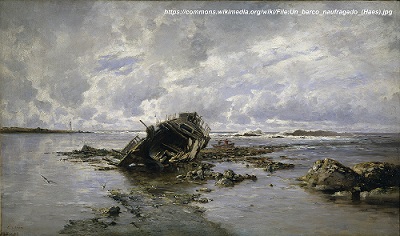Past Continuous / A Life Apart or a (dis)integration: alienation, transgression, and the grotesque body in Neel Mukherjee’s novel
DOI:
https://doi.org/10.13130/2035-7680/8440Parole chiave:
migration, body, transgression, alienation, Neel Mukherjee, TagoreAbstract
What drives a migrant? And what is her/his place in society? Neel Mukherjee’s first novel, Past Continuous / A Life Apart, explores the complexities of the migratory experience and tries to answer these questions. The narrative unites the classic Oxford years’ account with the experience of illegal migration. As Sandro Mezzadra and Brett Neilson point out in Border as Method (2013), European laws pose a deep dividing line between people who move to the continent (in its broader sense) to foster their education, and those who migrate to find a job and start a new life. However, Mukherjee’s novel demonstrates how easy it is to slip from one category to the other, and the terrible consequences that this can have on people’s lives.
This essay will analyse Past Continuous as a peculiar example of migrant literature. It will start by locating the novel into the genre of diaspora and migration literature. Then, it will examine it from three thematic viewpoints: alienation, the status of British women in India, and transgression.




